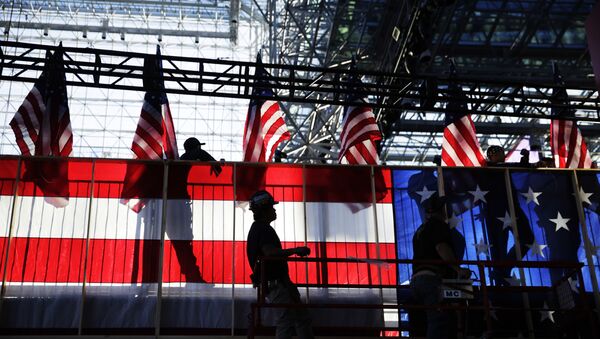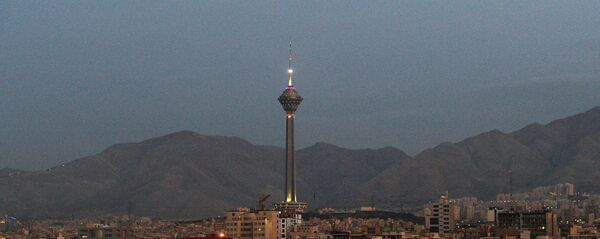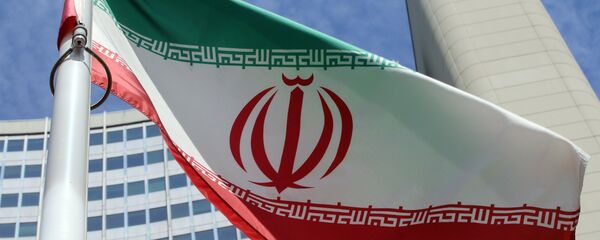"Pursuing military power beyond what is called for by actual security needs raises suspicions among others and risks destabilisation. For example, US arms sales to some traditional regional clients in the Middle East, and ostentatious, lavish arms purchases by the same regional actors just because of the abundance of oil wealth, are provocative," Salehi wrote.
He added that it would be "unrealistic to expect Iran to remain indifferent" to such actions.
The Iranian official stated that only "realistic recognition of the political, economic and cultural capabilities of countries, their regional stature, and a proper consideration of their particular needs and threat perceptions" might help promote understanding of the actors and their conduct.
"Conversely, alternative facts are bound to create unnecessary crises, and they also render positive, effective engagement impossible. Ideas such as the ‘clash of civilisations’, ‘Sunni-Shia conflict’, ‘Persian-Arab enmity’ and the ‘Arab-Israeli axis against Iran’ are all examples of alternative realities fabricated for ulterior purposes," Salehi said, adding that the so-called security dilemma was the first serious obstacle on the way of implementation of the nuclear deal between Iran and the West.
In February, the United States introduced a new round of sanctions on Iran in response to Tehran's medium-range ballistic missile test in January. US President Donald Trump, on the other hand, has repeatedly promised to review the 2015 deal on the Iranian nuclear program.
The security dilemma is a situation when one actor is increasing its defense and military powers, while other actors consider these actions as a potential security threat and respond with similar measures, leading to an escalation of tensions.




